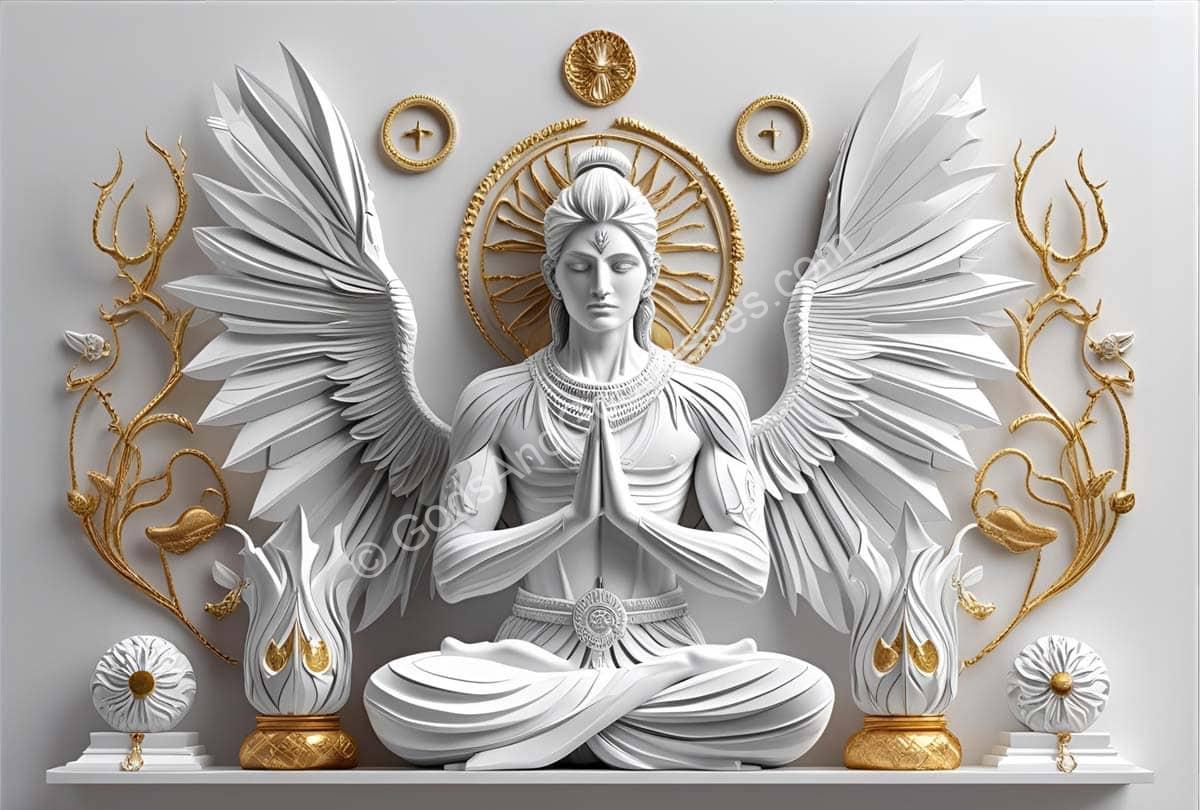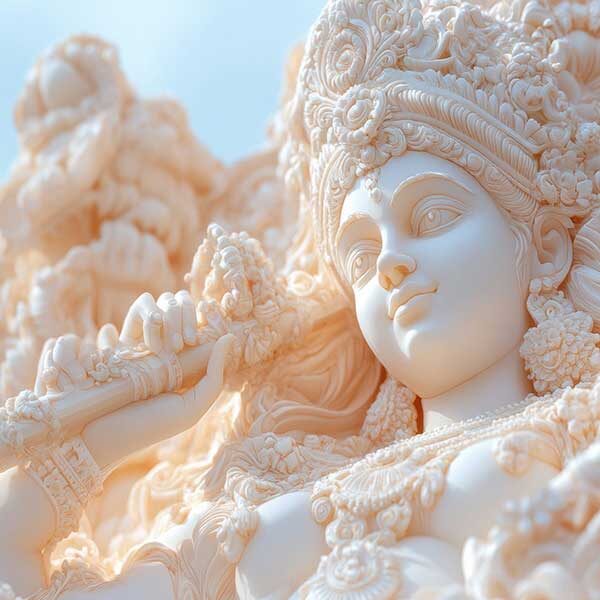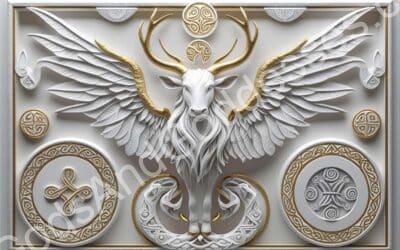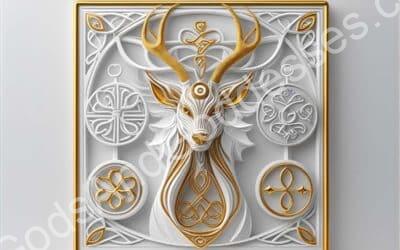Mythology Definition
Mythology is the collection of myths, legends, and sacred stories that explain the origins of the world, the powers of gods and goddesses, and the mysteries of life, death, and destiny.
Found in every culture, mythology blends history, spirituality, and imagination. These stories are not just entertainment—they carry values, archetypes, and truths that shaped civilizations and still inspire us today.
“Mythology is humanity’s oldest way of asking the biggest questions—where we come from, who we are, and where we’re going.”
At GodsAndGoddesses.com, we explore Mythology, Gods, and Goddesses.
Defining Mythology
At its core, mythology is:
-
A system of stories about gods, heroes, and supernatural beings.
-
A cultural framework that explains natural phenomena, moral codes, and social structures.
-
A mirror of humanity, showing how people understood the sacred and the unknown.
Unlike history, myths aren’t always meant to be literal. Instead, they express symbolic truths and cultural wisdom.
External resource: Britannica – Mythology
Types of Mythology
- Creation Myths – Stories about the origin of the world (e.g., Greek Chaos, Hindu Brahma, Norse Ymir).
- Pantheon Myths – Tales of gods and goddesses who rule nature, fate, and human destiny.
- Heroic Myths – Adventures of mortals like Hercules or Cú Chulainn who bridge the divine and human.
- Cosmic Myths – Explanations of death, the afterlife, or end-of-the-world prophecies (e.g., Ragnarok, Judgment Day).
See also: Mythological Themes
Why Mythology Matters
-
Cultural Identity – Myths preserve traditions and beliefs across generations.
-
Moral Lessons – Stories teach values like courage, loyalty, or humility.
-
Spiritual Connection – Myths explain humanity’s relationship with the divine.
-
Modern Relevance – From books and movies to psychology and spirituality, mythological themes remain powerful today.
Mythology vs. Religion and Folklore
-
Religion – Based on worship and doctrine; mythology often informs it.
-
Folklore – Local tales or traditions, less sacred but still cultural.
-
Mythology – Sits in between, blending sacred truths with storytelling.
Mythology Across Cultures
-
Greek Mythology – Zeus, Athena, and the Olympians.
-
Norse Mythology – Odin, Thor, and Ragnarok.
-
Celtic Mythology – The Tuatha Dé Danann and mystical otherworlds.
-
Egyptian Mythology – Ra, Osiris, and the Duat.
-
Hindu Mythology – Vishnu, Shiva, and the Mahabharata.
See also: Gods by Mythology and Goddesses by Mythology
Frequently Asked Questions
What is the main purpose of mythology?
To explain life, nature, and humanity’s place in the universe through stories.
How is mythology relevant today?
Myths inspire literature, psychology (e.g., Jungian archetypes), and modern spirituality.
Is mythology true?
Mythology is symbolically true—it conveys meaning and values, even if not literal history.
Conclusion
Mythology is more than ancient stories—it is a timeless way of understanding life, the divine, and ourselves. These sacred tales connect cultures, inspire art, and guide us toward meaning.
Explore more:
“Myths endure not because they are old, but because they are true in ways that transcend time.”
- Odin God Story - August 24, 2025
- The Story of Ra: Egyptian Sun God and Creator - August 24, 2025
- Kraken: Mythological Sea Monster of the Deep - August 24, 2025





